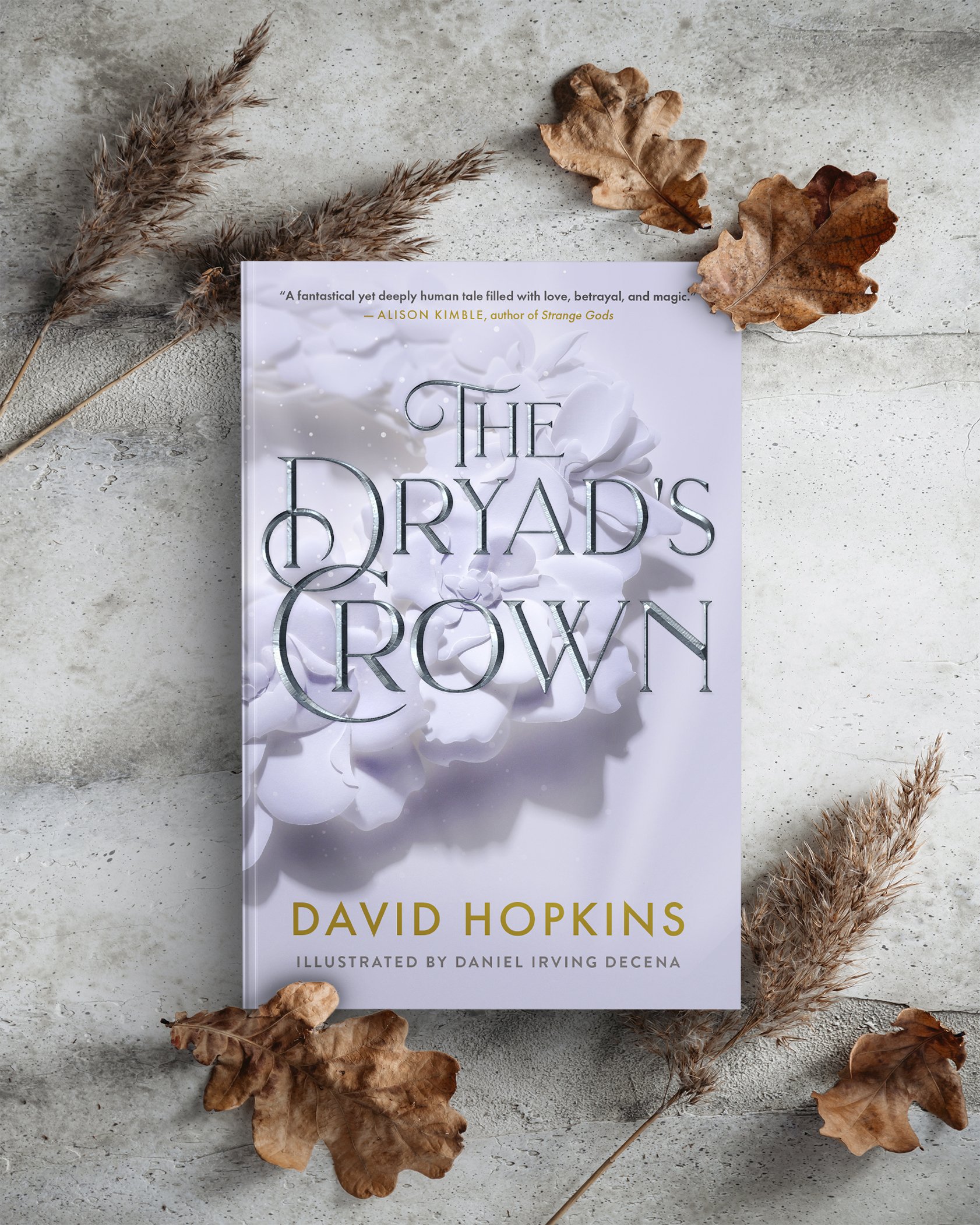This weekend, I'm working on another pulse article for D Magazine. I interviewed my friend Leah Wilson, editor at BenBella Books. They publish the Smart Pop Series. These books target various pop culture fan groups. With her permission, I've posted the entire transcript of our interview, where she talks about the nature of fans.
What makes someone a fan?
Leah: I think of a fan as someone who is intensely emotionally involved with something, with which they are not involved in a material, creative sense-- a sports team, a television show, an artist's or writer's or musician's body of work.
Is marketing to fans a growth industry or a "find your niche" industry?
Leah: I'd say a growth industry, but not one that's growing at an extremely high rate. I do think that as the quality of television shows has increased, and as the frequency with which the creators of those shows engage with their audience (via new technologies) have increased, the potential for greater fandom has emerged. Look at Grey's Anatomy-- they've taken excellent advantage of the growing popularity and awareness of blogging and built an unexpectedly devoted (for such a "mainstream" successful show) base of fans through it.
The rise of social networking online has been a big factor as well-- being able to talk to other fans feeds fandom, in large part because being a part of fandom becomes a socially rewarding experience. When the show you love ends or its fandom fizzles out, you want to find another one, another group to belong to. The ability to "catch up" with shows via DVDs or online downloads is part of the growth as well. So is the increasing validation of popular culture's worth. Fandom used to be associated with, when it comes to things like television and other media, Star Trek fans, Trekkies, and they weren't exactly considered cool. The term "Trekkie" ended up with such negative connotations that even Trekkies don't use it anymore-- a lot of Trek fans prefer "Trekkers."
Is there any correlation between the commercial success of a property and success of the related Smart Pop Book?
Leah: Less than we wish there was! Passion is a much more reliable indicator. Plenty of people I know watched and enjoyed Everybody Loves Raymond, but I can't think of one who *loved* it-- who would talk about it in depth with friends the next day. A show like Veronica Mars, on the other hand, doesn't have a lot of commercial success, but the people who do watch it are deeply devoted. The nature of Smart Pop books is to go *deeper* into a particular property-- to be like one of those next-day discussions you have with your friends, only if you friends were bestselling authors or psychologists or scientists-- and that doesn't sell unless the show's fans are wanting to go deeper on their own.
What do you do to learn about a property before starting the anthology?
Leah: We try to look for indicators that there *is* that kind of engagements-- that people are talking about the show (or comic, or book series) in a serious way. Online activity is a good way to get a sense of that-- message board activity, fan sites, fanfiction archives, blogs and livejournal and MySpace. So, for TV, are DVD sales; often high DVD sales mean you have viewers looking to watch the episodes of their favorite show multiple times. Clearly they're getting more out of the show than just "entertainment."
From a content standpoint, I try to immerse myself as much as possible in the property in question, to understand what the compelling questions are, what's interesting to discuss further-- something more easily done with a two year old TV show, of course, than with 50 years of comics!
What are fans wanting from their beloved property (be it Grey's Anatomy or Spider-Man)?
Leah: In a general sense-- *more*. More ways to be involved, more ways to be engaged. More information. To know something about the property they love that they didn't before, whether it's more insight into a character or when a piece of set dressing first showed up in the background.
What can businesses and publishers learn from fans and fan culture?
Leah: That your audience-- whether viewers or readers or customers-- is smart. If you treat them like they're intelligent, they'll reward that, they'll reward your product-- with respect, with time, and with energy.
Which fans are the most obsessive? Are Grey's Anatomy, Survivor, and Desperate Housewives fans any less geeky?
Leah: I think obsessiveness is about even across the board, at least among the people I'd really categorize as *fans*. (There are many people who watch Grey's, for instance, that aren't engaged enough to really warrant the term.) "Geekiness" is really more a matter of mainstream approval than level of obsessiveness-- take sports fans. Painting your face and chest and going shirtless at a winter football game is way more insane than anything I've ever seen a fan do (well, *almost* anything) ... but it's way less likely to get strange looks.
